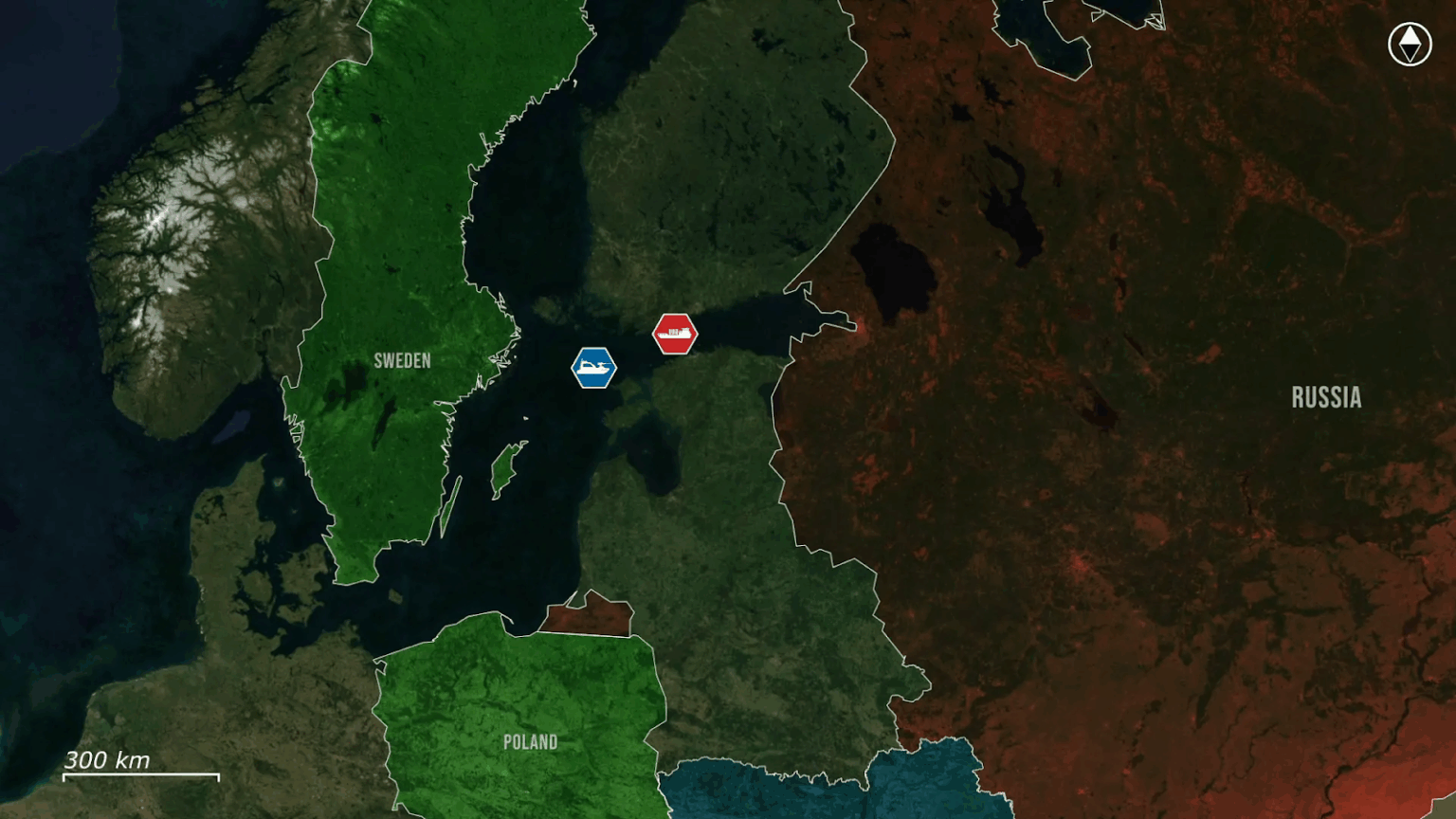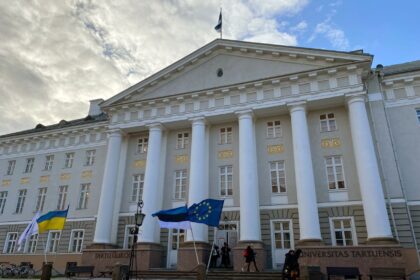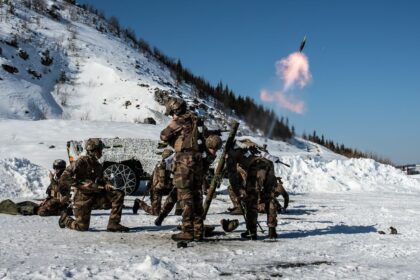**Russia’s Provocation: A Military Flashpoint in the Baltic?**
A recent incident involving a Russian-linked vessel near an underwater power cable between Poland and Sweden has sparked immediate military intervention from Polish forces. The move comes as tensions in the Baltic Sea region continue to escalate, with Russia’s shadow fleet facing increased scrutiny from NATO member states.
The detection of the sanctioned Russian vessel, identified as the “Sun”, sailing under an Antiguan flag near the critical power cable was a clear provocation by Moscow. The Polish military responded quickly, forcing the vessel to alter course and dispatching a reconnaissance ship to the scene. This is not the first time Russia’s shadow fleet has been linked to sabotage attempts in the region.
Poland has emerged as one of the most assertive NATO members in enforcing compliance with EU sanctions against Russia’s covert maritime oil exports. The measures have coincided with an uptick in Russian sabotage attempts across the Baltic Sea, including a recent incident involving the Estlink 2 power cable between Finland and Estonia.
**Russia’s Hybrid Warfare Strategy**
Analysts see these acts as components of Russia’s hybrid warfare strategy: destabilizing European states without overt military confrontation. By deploying warships to directly shield its shadow fleet tankers through sensitive waters like the Gulf of Finland, Russia is attempting to deter NATO intervention and provoke a reaction from Western forces.
The strategic intent is clear: provoke a reaction, ideally forcing NATO to fire the first shot. This would allow the Kremlin to portray the alliance as the aggressor, both to its domestic audience and to sympathetic foreign observers. It’s an asymmetric gambit, a military shield for a commercial operation, daring NATO to test the limits of escalation.
**The Stakes are High**
As tensions in the Baltic intensify week by week, Poland’s role as a front-line enforcer of EU sanctions becomes ever more crucial with its readiness to act. Meanwhile, Russia continues to use the shadow fleet to provoke, probe, and project strength – all while trying to control the narrative that it is under siege.
The next incident could determine whether the fragile balance holds or breaks. The military flashpoint in the Baltic has significant implications for European security and stability. As we continue to monitor the situation, one thing is clear: Poland’s readiness to act will be crucial in maintaining a stable balance of power in the region.
**A Military Flashpoint Looms**
In our daily frontline report, we pair up with the military blogger Reporting from Ukraine to keep you informed about what is happening on the battlefield in the Russo-Ukrainian war. The situation in the Baltic Sea shares some similarities with the ongoing conflict in Ukraine – where Russia’s hybrid warfare strategy has been employed with devastating consequences.
As tensions continue to escalate, one thing is clear: the Baltic Sea region is becoming a military flashpoint. Will NATO and Poland be able to maintain stability, or will Russia succeed in provoking a reaction that could lead to further escalation? Only time will tell.
Read More @ euromaidanpress.com












